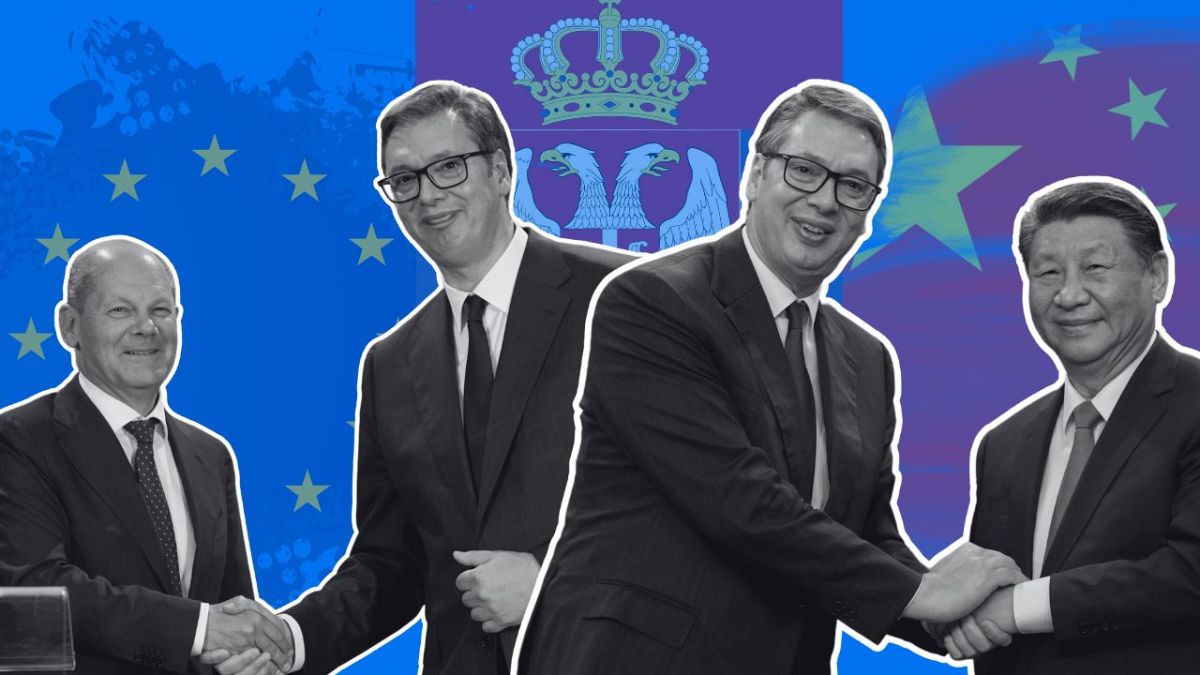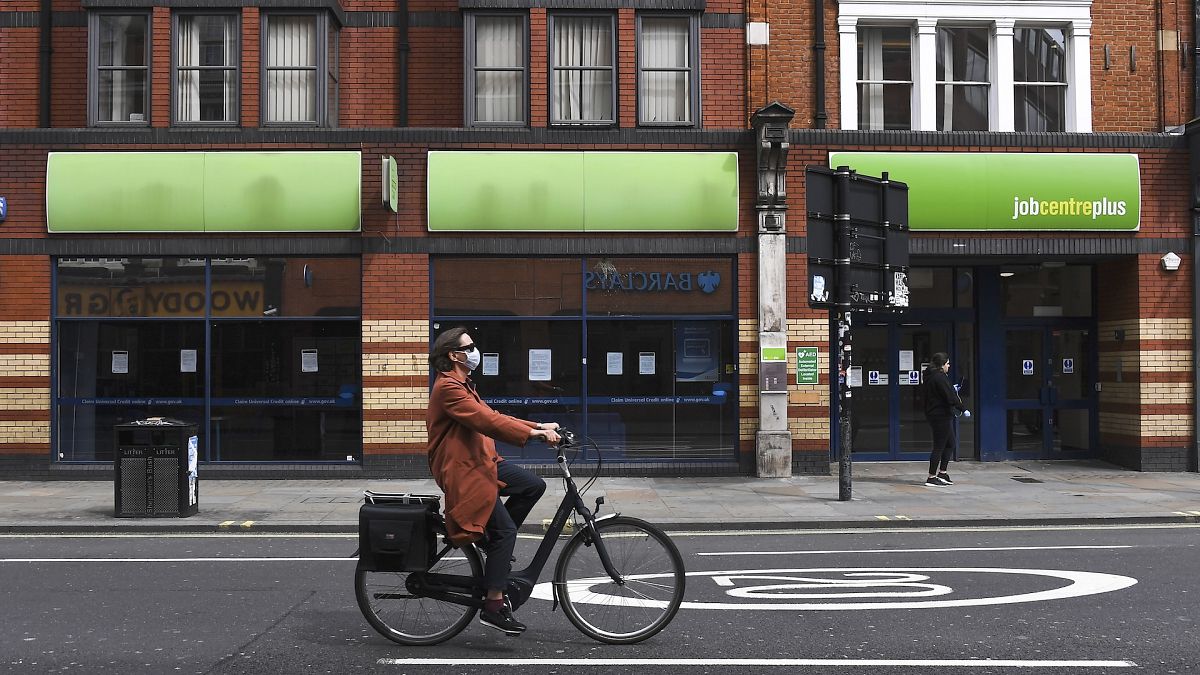French President Emmanuel Macron is set to visit Serbia just months after hosting Serbian President Aleksandar Vučić in Paris. This visit occurs amidst increasing economic ties between the EU, China, and Belgrade. The critical question remains: can Serbia maintain a diplomatic equilibrium between these global powers?
Central to the discussions between Macron and Vučić will be Serbia’s access to essential minerals, notably lithium. This aligns with the European Commission’s directives and the EU’s broader strategy aimed at decreasing dependency on China, as emphasized by Milan Antonijević, a senior research fellow at the Foreign Policy Center.
“The lithium mining project ‘Emili’ in France, currently under development by Imerys, could serve as a crucial reference point for discussions between the two presidents regarding lithium,” Antonijević stated.
Serbia’s Diplomatic Balancing Act
However, striking this delicate balance may prove difficult for Serbia. Policymakers are tasked with nurturing ties with Macron and the EU while ensuring China’s satisfaction as one of Serbia’s key investors. Access to Serbia’s lithium—a vital resource for electric vehicle batteries—emerges as a key concern for both the EU and China.
Serbia’s strategic ambition is to foster healthy relations with both China and the EU, all while safeguarding investments and progress.
According to Vuk Vuksanović, a senior researcher at the Belgrade Centre for Security Policy, “Belgrade is convinced that it can maintain this fragile balance, leveraging China’s willingness to provide easily accessible loans and investment capital.”
“As long as China does not intend to dominate Serbia’s strategic sectors—like 5G infrastructure and critical raw materials, including lithium—Serbian authorities believe they can collaborate with Beijing without alienating the EU or the US.”
Formulating an EU-Lithium Partnership
Recently, European Commission Vice-President Maroš Šefčovič and German Chancellor Olaf Scholz signed a memorandum in Belgrade, shortly after Serbia approved Anglo-Australian mining giant Rio Tinto to resume lithium mining in the western region.
The EU reaffirmed its commitment to this partnership, which is one of over a dozen agreements established to reduce reliance on China.
Dimitrije Milić, program director at the Belgrade-based think tank New Third Way, noted, “The ongoing lithium mining venture in Serbia aligns with EU interests, significantly related to the European Critical Raw Materials Act introduced in March 2023.”
“This collaboration makes sense, given that a substantial portion of Serbian exports and foreign direct investments are linked to Europe’s automotive supply chains.”
Reducing EU’s Dependency on China
Currently, the European Union imports 97% of its lithium from China, as highlighted by Ursula von der Leyen during her speech at the Clean Tech Industry Dialogue in Brussels on February 22, 2024.
“For the past 20 to 30 years, China has strategically acquired resources worldwide, controlling the processing of raw materials and establishing a monopoly. This leaves Europe heavily dependent on Chinese sources,” she stated.
Đorđe Trikoš, a strategic communications consultant, also underscored the automotive sector’s significance for Germany, Europe’s economic powerhouse. “By sourcing lithium within Europe, transaction costs for German automakers decrease, consequently making electric vehicles more affordable for European consumers.”
“Moreover, production in Serbia would encompass both the mining and processing of lithium,” Trikoš added.
Niclas Frederic Poitiers, a research fellow at Bruegel, shed light on Serbia’s balancing act, pointing to China’s past use of its critical raw materials dominance against countries like Japan.
“Europe must diversify its lithium supply to avoid similar pitfalls for its battery industry. Refining is crucial, and operational projects in Serbia contribute to this objective.”
China’s Interests in Serbian Lithium
While China possesses its own significant lithium resources, it has shown interest in Serbia’s supplies. Reports suggest that access to Serbia’s lithium was a key focus during Chinese leader Xi Jinping’s recent visit.
China’s investments in Serbia include ownership of numerous mines and infrastructure projects, bolstered by billions in funding through the Belt and Road Initiative, which aims to enhance global infrastructure.
“Rio Tinto’s largest investor is China, and a newly effective Free Trade Agreement allows for duty-free lithium exports to China. It’s evident that China will leverage this opportunity,” claimed Đorđe Dimitrov from the European Policy Centre in Belgrade.
China’s Investment in Serbia
The Balkan Investigative Reporting Network (BIRN) reports that between 2009 and 2021, Chinese investments in the region totaled €32 billion, with Serbia receiving approximately €10.3 billion.
Despite this, the EU remains Serbia’s principal economic partner, accounting for 70% of foreign direct investments and 81% of its exports, as noted by the European Parliament.
“Serbia’s potential EU membership positions it as a critical connection to Europe. China also views Serbia’s future EU membership as pivotal to its economic strategy in the region,” remarked Predrag Bjelić, a professor at the University of Belgrade.
Leveraging Lithium Demand
Rio Tinto estimates its peak lithium production in Serbia could reach around 58,000 tonnes, positioning Serbia as a notable player in the lithium mining and refining industry and enhancing its influence over the EU.
Vuk Vuksanović noted, “Interdependence flows both ways. Supplying the EU with lithium would indeed tie Serbia into a new supply chain but would also increase the EU’s reliance on Serbia to some extent.”
Ultimately, Serbia’s challenge lies in fulfilling its economic commitments to both China and the EU, thus supporting their political ambitions while protecting its own interests.
“Serbia is successfully balancing its relations with China and the EU regarding lithium by aligning its mining initiatives with European objectives while nurturing robust ties with China. This strategy enables Serbia to reap the benefits of EU investments and automotive supply chains while capitalizing on Chinese involvement in crucial sectors like mining and steel production,” Milić concluded.
Photo credit & article inspired by: Euronews



